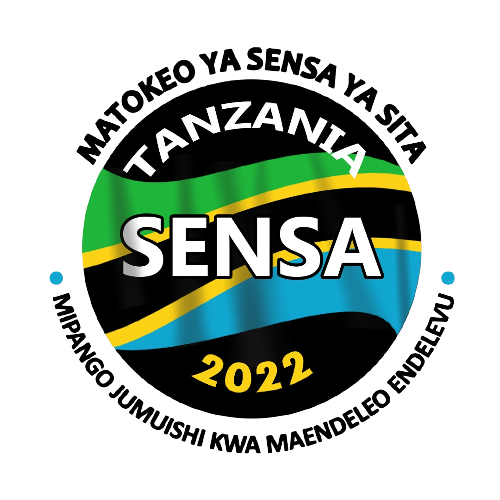5 Eastern Africa countries counselled on food safety management standard
Tanzania Bureau of Standards (TBS) has said African countries have a huge opportunity to penetrate the international markets by ensuring food products meet the required standards thus boosting export revenue.
Speaking at the opening of the four-day training to trainers on food safety management systems, the TBS Director General Dr Yusuf Ngenya said in Dar es Salaam yesterday that the training brings participants from five East African Countries.
“The training aimed at imparting knowledge and skills on food safety management systems so that food products produced locally can easily penetrate global markets,” he said.
He said the training organised by TBS in collaboration with the International Organization for Standardization (ISO) will bring together trainers from Tanzania as the host country, Kenya, Uganda, Somalia and Ethiopia.
The other participants are from Mauritius, India and Switzerland.
He said the training aims at imparting knowledge and skills to African experts in the food sector on the benefits of the standards on food safety management.
Dr Ngenya said the training on food standards has immense benefits to both consumers and business people.
“When food products meet the required standards, they can easily penetrate wide markets, both domestic and international,” he said.
He said the training will equip participants with an understanding of the standards of food products and adapt them.
To achieve food safety objectives, food standards are based on risk analysis using the best, most up-to-date and robust scientific advice.
The Tanzania food standards are prepared using a risk-based approach, relying on existing international standards such as Codex Alimentarious Commission (CAC) and ISO Standards, adopting risk assessment conducted and use of available published studies.
The principles enshrined in the standardization process work to ensure that food standards contribute to protecting public health and ensuring fair practices in the food trade.
Food standards ensure food safety and quality by addressing all food-related issues such as quality and hygienic requirements, contaminants including toxins, heavy metals, residues of veterinary drugs and pesticides, hygienic practices such as Good Manufacturing Practices(GMP) and Good Hygienic Practices (GHP), additives, nutrition, food packaging and labelling and methods of sampling and analysis.
Management standards such as Hazard Analysis Critical Control Point (HACCP) and Food Safety Management (FSM) systems provide a solid foundation for Food Business operators to ensure the safety of the food produced across the entire value chain.


.jpeg)



